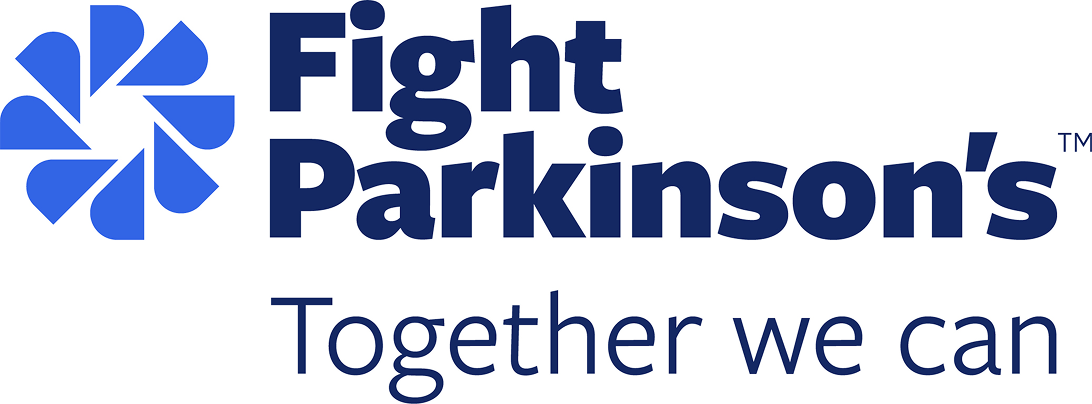Receiving a Parkinson’s diagnosis can be overwhelming, but you are not alone. At Fight Parkinson’s, we are here to support you every step of the way.
Understanding your diagnosis
Parkinson’s is a progressive neurological condition that affects movement and other non-motor functions. Symptoms develop gradually and vary between each person. While there is currently no cure, many treatments and support services are available to help manage Parkinson’s and help you to maintain your quality of life.
Building support systems and understanding your care needs is essential to living positively with Parkinson’s.
Who can make a diagnosis?
A movement disorder neurologist is the most qualified specialist to make a Parkinson’s diagnosis. They are trained to assess the complex motor and non-motor symptoms associated with Parkinson’s.
In some instances, a general practitioner may provide a Parkinson’s diagnosis. This may be the case if you live in a regional or remote area, where providing a referral to an accessible neurologist may be difficult.
It is ideal to seek advice from a neurologist, especially one with a special interest in Parkinson’s, for accurate diagnosis and ongoing care.
The diagnostic process
Diagnosing Parkinson’s is complex and involves a thorough clinical assessment by a neurologist, focusing on medical history and symptoms.
Everyone’s path to diagnosis differs. For some a diagnosis is clear and quick while for others it takes months or even years to receive a Parkinson’s diagnosis.
Each person’s progression and presentation of symptoms differs; this makes the path to diagnosis more complex.
There is currently no single definitive test used in clinical practice to support a Parkinson’s diagnoses.
Observations and a process of elimination help specialists to form a Parkinson’s diagnosis.
In some cases, patients are asked to trial Parkinson’s medications and the response is monitored to assist the diagnostic process.
Imaging scans like MRI (Magnetic Resonance Imaging) or DaTscan (dopamine transporter scan) may be used to rule out other conditions.
New diagnostic tools
Research is currently being made into new diagnostic tools which are advancing the process of diagnosis of Parkinson’s.
This includes research into examining spinal fluid for a specific protein linked with Parkinson’s, and using the presence of this protein as a faster and more accurate diagnostic tool. This would replace the current method, which requires multiple tests and a process of elimination. However, it is important to note that this diagnostic tool remains in its infancy and will take time to gain widespread adoption.
These new diagnostic tools will enhance and advance targeted research. They provide hope that one day earlier diagnosis via these more definitive diagnostic tools may occur in clinical practice.
How long does it take to get a Parkinson’s diagnosis?
Getting a diagnosis may take some time and you may need to see a doctor more than once or see several medical professionals for an opinion. For people living with Young Onset Parkinson’s, research suggests that diagnosis may take up to four years
Early and accurate diagnosis is important for effective management.
Support after diagnosis
Receiving a Parkinson’s diagnosis can be life-changing. Fight Parkinson’s offers resources and services to help you navigate this new chapter, including:
- Recently Diagnosed Seminars: These sessions provide information on symptom management, treatment options, and connecting with others facing similar challenges
- Information line: Our free, confidential phone service staffed by a multidisciplinary team offers support and answers to your questions
- Resource centre: Access a range of publications and materials to better understand and manage Parkinson’s
- Peer support groups: Connecting with others living with Parkinson’s can be helpful for some people. Fight Parkinson’s will support you in finding the right group for you and preparing for meeting other people living with Parkinson’s
Moving forward
Living with Parkinson’s as it progresses is a journey, but with the right support and information many people continue to lead full and active lives.
Engaging with support networks, building your own health team, staying informed, and maintaining a proactive approach to health can make a significant difference.
For more information or to speak with our team, call the information line at 1800 931 031 or email [email protected].

